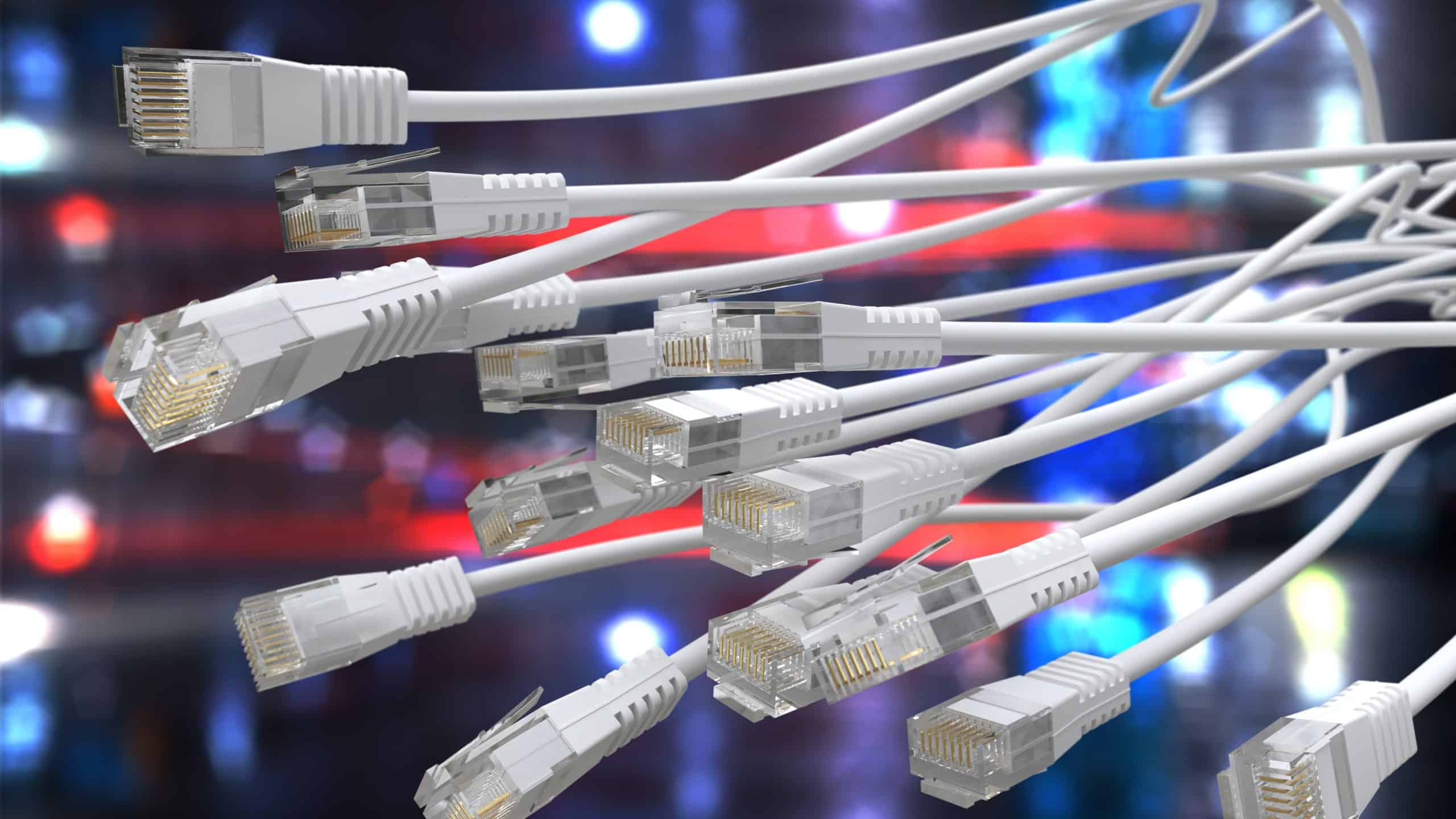IT networking is a key part of your IT infrastructure; it’s how all of your devices talk to each other. Where once network connections would have necessitated cabling, WiFi and wireless network solutions now mean there are more options available. So how do you choose between wired networks and wireless networks? We’ve covered the benefits and shortcomings of each option below:
Advantages Of Wireless Networks
Mobility and ease of access
Instantly the biggest advantage of a wireless network is flexibility. Since your employees aren’t reliant on having cable points, they can access your network from anywhere in the office. This allows them to bring their devices to meetings while still being able to access files and documents. Wireless networks can also reach longer distances than cables, making connections easier in large premises. It can even be used to send connections between separate buildings.
Lower cost of setup
The cost of setting up a wireless network is significantly lower compared to installing a wired network. The hardware is typically much cheaper, and you avoid much of the labour cost associated with complex cabling jobs.
Easier to implement the BYOD policy in the workplace
A wireless network makes it easier to companies to allow for Bring Your Own Device, as devices can connect to WiFi rather than potentially requiring dedicated IP number configuration.
Easier to keep neat and organised
If you want to keep your workplace neat and tidy, a wireless network is a way to go. Since there are far fewer cables to worry about, it’s easier to keep your space organised. It’s also safer from a health and safety standpoint.
Easy maintenance
Wireless networks are easy to maintain. Wireless hardware typically isn’t exposed to the wear and tear of cabling, so will likely last far longer. And when improvements are needed, typically it’s a lower cost to replace individual items within the wireless network (compared to having to replace cabling).
Disadvantages Of Wireless Networks
Connectivity may need to be dropped once in while
Like any piece of IT hardware, wireless routers should occasionally be reset, either for patching or simply to ensure continued performance. Not doing so can result in security issues or reduced performance longer-term. However, this can be scheduled out of hours to prevent disruption.
Security concerns need to be considered
Wireless networks are typically less secure than wired networks. As signals get transmitted through the air, they can be intercepted by individuals with bad intentions. For this reason, consideration needs to take place around appropriate security measures such as encryption and firewalls.
Advantages Of A Wired Network
Stability and reliability
When properly installed, wired networks are highly reliable. Unlike their wireless counterparts, wired connections won’t be slowed down by other networks in the vicinity or increased demand from users.
Higher connectivity and faster speeds
Wired networks enjoy faster internet speeds because they have a limited set of users connecting to it at a time. Additionally, since every device needs an Ethernet cable to connect to the network, connectivity issues such as dead spots are eliminated.
Better security
A wired network provides fewer opportunities for unauthorised access to company data, as you have to be cabled in to the network. So wired networks can be more secure than a wireless network. Once the firewalls and other security applications are configured, all you need is regular monitoring for suspicious activity.
Limited accessibility
Wired networks are not accessible on devices on other networks, making it impossible for users outside your network to connect. Additionally, the admin controls who can and can’t access the network.
Disadvantages Of Wired Network
Lack of mobility
One of the biggest shortcomings of wired networks is the lack of mobility. To access a wired network you’ll have to run longer cables and install switches at different locations which can be messy and disorganised.
Requires more time and money to install
Installing a wired network requires you to connect every device using switches, routers and hubs. This can be a lengthy and expensive process, especially once you begin growing your network and adding new devices.
Reduced resilience
Cabling is potentially vulnerable. They can be strained through daily office use or crushed by office furniture. And if concealed under floors, they can be chewed by vermin. This can be very difficult to then fix if you’ve fully furnished your office.
Need help determining whether you should choose a wired or wireless network? Contact our infrastructure engineers today:
Contact Us






